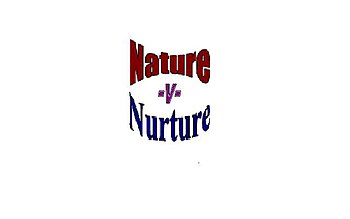Practice makes perfect. Yup, every one of us has heard that- probably a zillion times, too.
And, for decades that was the established fact. Way back in 1993, Drs. Ericsson, Krampe, and Tesch-Romer published their results: The Role of Deliberate Practice in the Acquisition of Expert Performance. In that article, they declared that they could explain the difference between an elite performance and an amateur one by the amount of practice time involved. Not fully 100%, but 80%- which made this a pretty definitive study.

Malcolm Gladwell used that same concept as the foundation for his book (Outliers) and his speeches. His premise was that we need 10,000 hours of practice to become an expert in something.
But, now, Drs. B. N. Macnamara (Princeton), D. Z. Hambrick (Michigan State) , and F.L. Oswald (Rice) want us to reconsider these truisms. They examined a series of 88 studies (do you think they considered the piano metaphor?) involving skills and practice in their meta-analysis: Deliberate Practice and Performance in Music, Games, Sports, Education, and Professions: A Meta-Analysis.
Their analysis shows that practice can only account for 20-25% of the variation in performance of various sports, music, and intellectual games (like chess). And, for academic pursuits, where it is more difficult to discern the value of previous knowledge, the difference is about 4%.
This does not mean that practice is not important. It is vital. But no amount of practice will render one as capable as the one more talented, more gifted. The results are skewed (according to the results of this new study) by the age at which certain skills are begun. It may be that there is a “critical window” that exists in childhood that affords that child the ability to pick up skills later in life.
I reported similar concepts a few years ago, when I declared that talent beats practice. Of course, in that treatise I was relying more on the academic pursuits, but…
These new results do not mean that Dr. Ericsson is throwing in the towel. He feels that this new paper does not properly account for “deliberate” practice- one-on-one efforts where the student is continually pushed. (Think of Annie Bancroft and Helen Keller.)
And, chess players who practice from 3000 to 25000 hours with players of similar skill may be a different factor, since the pressure of that sort of study time may help ‘flip the switch’. He also connotes the results from cross-training, where we mix new material or techniques with the old, or the use of different swim strokes during practice. These seemingly enhance the skill factors of individuals.
But, these other results don’t necessarily benefit Ericsson’s critique. It seems that our nature-nurture, eugenics-euthenics debate is not going to slip gently into the night.







I wonder how authors like Gladwell come up with these numbers (10,000 hours). It’s amazing how we read a great author and then assume that they’re correct. Still 25% improvement? I’ll take it!
Margit Crane (@GiftedWithADD) recently posted..Nourish Your ADHD Soul with Interior Design
I never really believed that, even with excessive practice, that one could be as good as one endowed with the skill or attribute to which one aspires. But, folks like Gladwell made others feel liek they just didn’t practice enough, when they failed to make the grade, Margit.